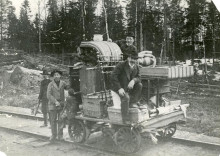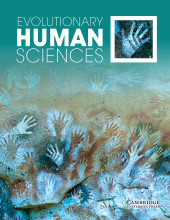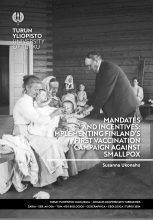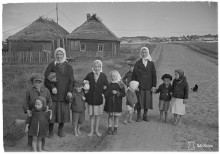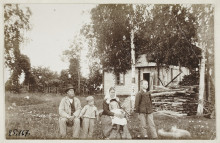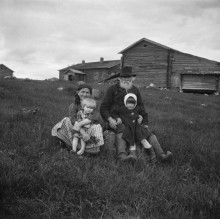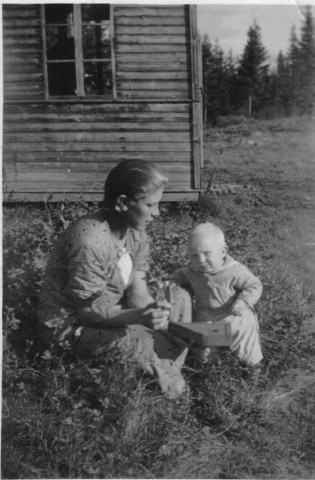
Robert Lynch, Virpi Lummaa, Michael Briga, Simon N. Chapman & John Loehr, Nature Communications (2020) 11:2377.
Child volunteers in a women's paramilitary organization in World War II have accelerated reproductive schedules
Abstract. Understanding how conditions experienced during development affect reproductive timing is of considerable cross-disciplinary interest. Life-history theory predicts that organisms will accelerate reproduction when future survival is unsure. In humans, this can be triggered by early exposure to mortality. Previous studies, however, have been inconclusive due to several confounds that are also likely to affect reproduction. Here we take advantage of a natural experiment in which a population is temporarily divided by war to analyze how exposure to mortality affects reproduction. Using records of Finnish women in World War II, we find that young girls serving in a paramilitary organization wait less time to reproduce, have shorter inter-birth intervals, and have more children than their non-serving peers or sisters. These results support the hypothesis that exposure to elevated mortality rates during development can result in accelerated reproductive schedules and adds to our understanding of how participation in warfare affects women.

